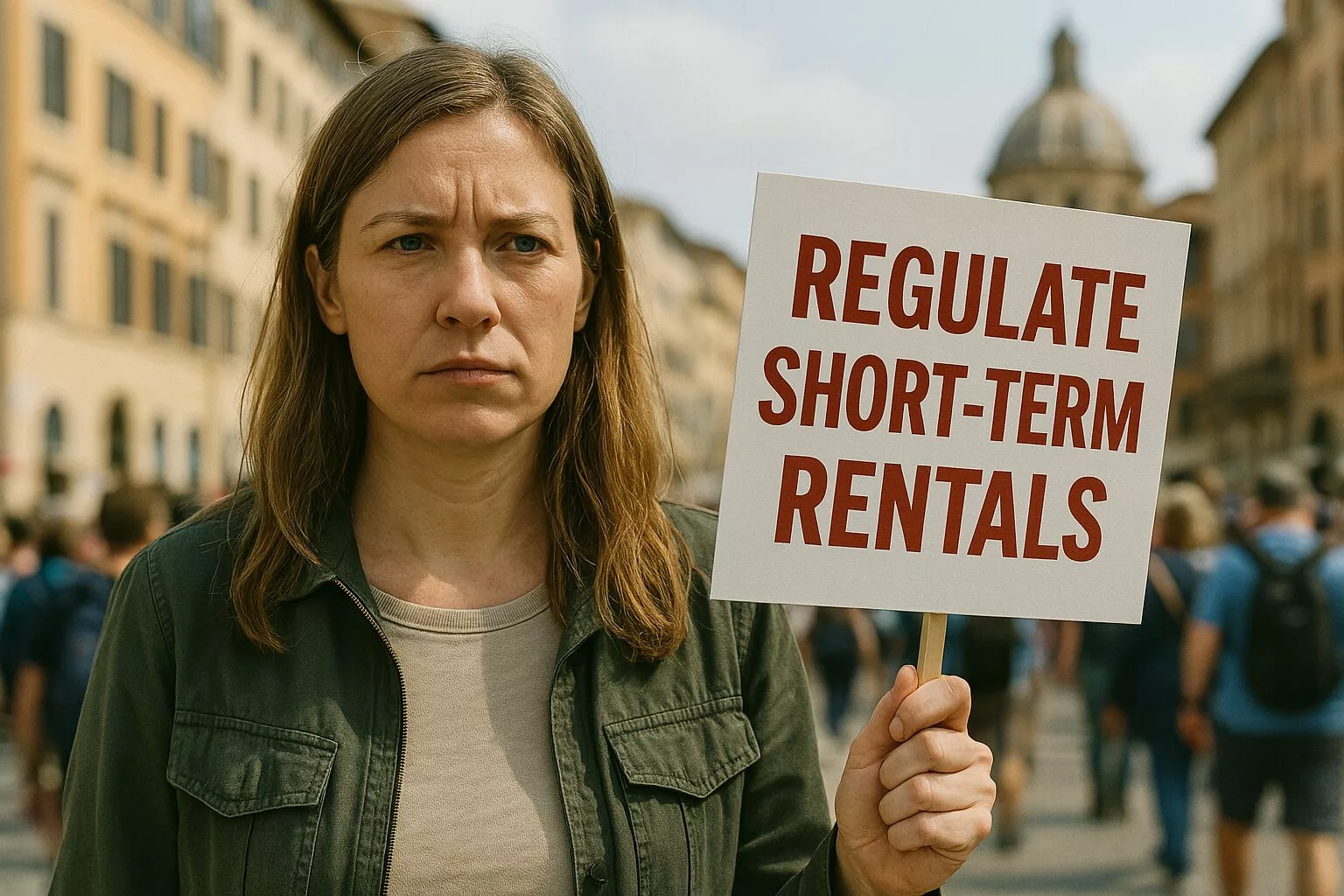As Europe continues to attract millions of tourists each year, a growing concern has emerged regarding the impact of excessive tourism on housing affordability in some of the continent’s most popular cities. Residents are increasingly vocal about the need for regulations on short-term rentals, which they argue exacerbate housing shortages and drive up rental prices. This article delves into the current landscape of short-term rentals, the implications for local residents, and potential regulatory measures that could help balance the needs of tourists and residents alike.
Get 50% OFF!
Subscribe to our newsletter and enjoy a 50% discount on all listing packages, no strings attached!

The Rise of Short-Term Rentals
Short-term rentals, often facilitated by platforms like Airbnb and Vrbo, have surged in popularity over the past decade. Cities such as Barcelona, Paris, and Amsterdam have become hotspots for these types of accommodations, offering tourists a unique and often more affordable alternative to traditional hotels. However, this boom has not come without consequences.
According to a report by Statista, the number of short-term rental listings in major European cities has increased dramatically, with some areas seeing growth rates of over 50% in just a few years. While this influx of rental options can benefit tourists, it has also led to significant challenges for local residents.
The Impact on Housing Affordability
One of the most pressing issues arising from the proliferation of short-term rentals is the impact on housing affordability. In cities where tourism is a major economic driver, the demand for short-term accommodations often leads landlords to convert long-term rental properties into lucrative short-term listings. This shift reduces the availability of affordable housing for local residents, pushing many into less desirable areas or even out of the city altogether.
For instance, in Barcelona, a city that has seen a dramatic rise in tourism, the average rent has skyrocketed, with many residents reporting that they can no longer afford to live in their neighborhoods. Similar trends have been observed in cities like Venice and Lisbon, where the local population is increasingly priced out of the housing market.
Residents’ Calls for Regulation
In response to these challenges, residents in many popular tourist destinations are calling for stricter regulations on short-term rentals. Advocacy groups argue that without intervention, the housing crisis will only worsen, leading to a decline in the quality of life for local residents. Proposed measures include:
- Limiting the number of days a property can be rented out on a short-term basis.
- Implementing licensing requirements for short-term rental hosts.
- Establishing a cap on the number of short-term rental properties in a given area.
- Increasing taxes on short-term rentals to fund affordable housing initiatives.
These measures aim to strike a balance between the economic benefits of tourism and the need for affordable housing for residents. Cities like Berlin and Amsterdam have already implemented some of these regulations, with varying degrees of success.
Case Studies: Cities Taking Action
Several European cities have taken proactive steps to address the challenges posed by short-term rentals. In Berlin, for example, the city introduced a law requiring hosts to register their properties for short-term rental use. This regulation has helped to reduce the number of illegal rentals and has provided the city with valuable data to better understand the market.
Similarly, Amsterdam has implemented a cap on the number of days a property can be rented out on a short-term basis, limiting it to 30 days per year. This measure aims to ensure that the majority of rental properties remain available for long-term residents, thereby alleviating some of the pressure on the housing market.
The Future of Short-Term Rentals in Europe
As the debate over short-term rentals continues, it is clear that finding a solution will require collaboration between local governments, residents, and the tourism industry. While short-term rentals can provide significant economic benefits, it is essential to ensure that these benefits do not come at the expense of local communities.
Looking ahead, cities will need to adopt a more holistic approach to tourism management, considering the long-term implications of short-term rentals on housing affordability. This may involve not only regulatory measures but also investment in affordable housing projects and community engagement initiatives.





Join The Discussion